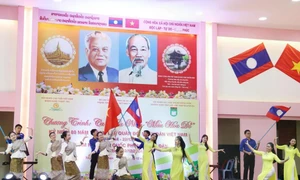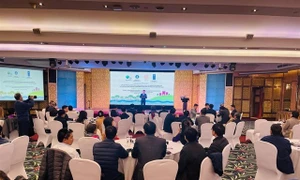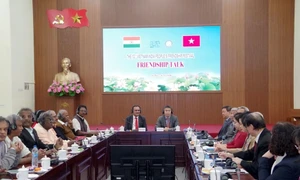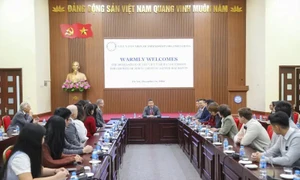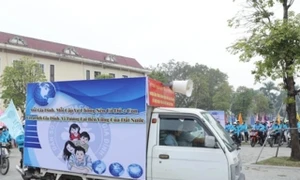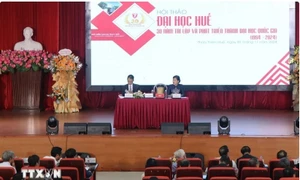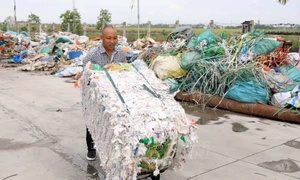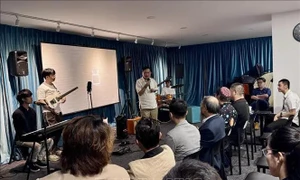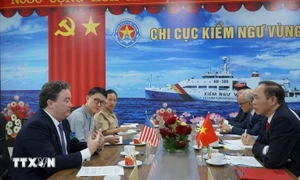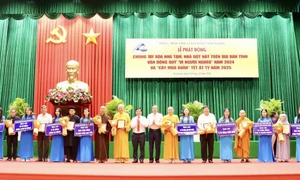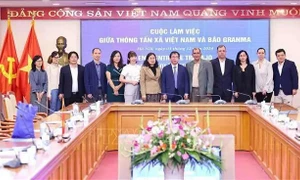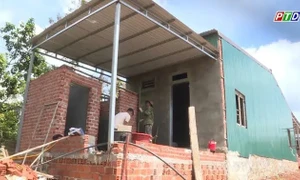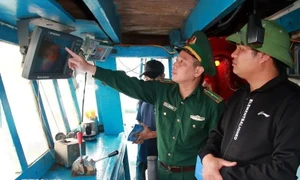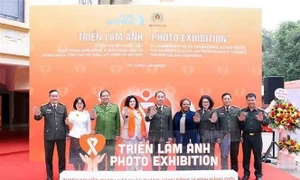Hosted by the Ministry of Agriculture and Rural Development (MARD), the event saw the participation of scholars and representatives from agricultural promotion agencies and social and youth organisations from countries in the Mekong River basin, such as Cambodia, China, Laos, Myanmar, and Thailand.
Initiated in March 2015 in Hanoi, MELA consists of members from Vietnam, Laos, Cambodia, Thailand, and Myanmar. It provides a forum for members to share knowledge and best practices in agricultural advisory services, marketing, and sustainable rural development.

Deputy Director of the MARD’s International Cooperation Department To Viet Chau said in Vietnam, the agriculture sector continues to play an important role, with an estimated growth rate of 3.8% in 2023, a high record in recent years.
He attributed the achievement to the agricultural promotion system, which has proactively transferred scientific and technological advances to farmers and created connections between farmers and businesses through cooperatives and other farmers’ organisations.
Chau emphasised that the MELA member countries, as well as national agricultural promotion organisations, have long-standing friendship and partnerships, thus promoting cooperation and experience sharing in terms of agricultural extension and rural development.
At the event, parties will focus on analysing and proposing the best solutions to mitigate climate change and promote the use of digital and information technology in agriculture production.
They will also share experiences on organising production, establishing agricultural cooperatives, linking production chains; and lessons in supporting farmers in sustainable agricultural practices, towards improving efficiency in agricultural production and the livelihoods of farmers, he said.
Director of the National Agricultural Extension Centre Le Quoc Thanh expressed his belief that there will be further collaborative efforts among the MELA member countries within the ASEAN Community to support production resilience and strengthen the rural communities of member countries in the face of climate change, thus creating a successful ASEAN rural area.
The workshop aims to help members share information on the latest developments in advisory services to address the most urgent issues for smallholder farmers, particularly those related to agriculture ecology, climate change, and digitalisation. It is also expected to further strengthen the role of the MELA Secretariat and its members in developing MELA's programmes in the coming time./.
VNA
